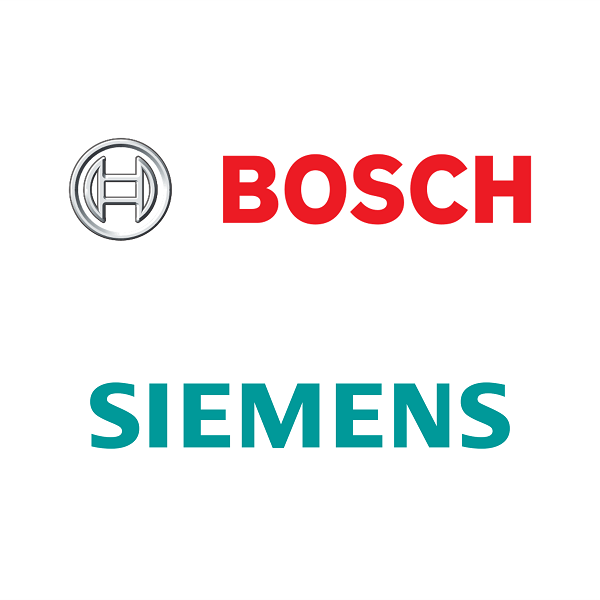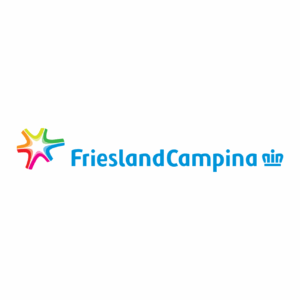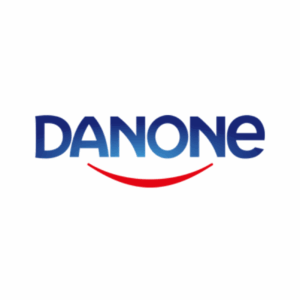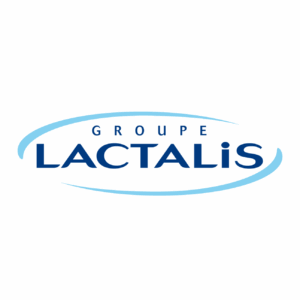Introduction to Siemens Bosch
Siemens and Bosch Appliances are two of B/S/H‘s brands. At present, its brand portfolio consists of four global brands -Gaggenau and Neff are added- and eight local brands with a presence in selected countries. Also, they bring services via one ecosystem brand, HomeConnect, and five service brands.
Founded in 1967, B/S/H – Bosch Siemens Hausgerate – was born as a cooperation agreement between Bosch and Siemens. In 1972 the company became independent of its parent companies and in 1978 opened its new headquarters in Munich, Germany.
At B/S/H, they strive to improve their customers quality of life at home through their brands, high-class products, and solutions. They are the leading home appliance manufacturer in Europe.
We’re Here to Make You Smile
Important for Us
The manufacturing of products at the 39 B/S/H locations – Europe, USA, Latin America and Asia- is carbon-neutral.
Criteria
Carbon Footprint, High
Their main objective is to reduce environmental footprint in all areas of the value chain. This includes both improving the material mix of our products and reducing emissions and energy consumption.
Since 2020, they have been developing and manufacturing in a CO₂-neutral manner at all their premises worldwide.
Also, they offset any other unavoidable CO₂ emissions with carbon credits. In 2022, the Bosch reduced its compensation share to 0.7 million metric tons.
Ecological Impact, High
Their appliances help in many ways to make everyday life sustainable. By saving water, energy and detergent or avoiding food waste, consumers can both save money and act sustainably at home.
In addition, the proportion of recycled materials in our products is increasing and the design is becoming more and more modular.
Energy Consumption, High
Between 2015 and 2017, B/S/H saved 25 million kWh in energy consumption in production and thus 40,000 t CO2 emissions. Around 13,000 t of this comes from the use of photovoltaics and 3,300 t from the use of biomass/district heating.
In 2022, B/S/H saved around 33.4 GWh of energy with more than 230 energy efficiency measures worldwide.
By 2030, through energy efficiency improvements to plants, systems and buildings, B/S/H aims to save the annual equivalent of the total energy consumption of 90,000 households.
Freight Density, Medium
Raw materials and fleets are purchased with your company’s overall requests and needs in mind.
Through state-of-the-art tendering processes, they award contracts for external goods with the primary objective of ensuring that materials remain available, of high quality and sustainable.
Recycling Rates, Medium
B/S/H’s recycling programme called BlueMovement is built around the rental of new and reconditioned household appliances and their recycling at the end of their useful life.
BlueMovement is contributing to the long-term conservation of resources and a growing sustainability offer in the company.
Saving Levels, High
As already mentioned, in 2022, B/S/H saved globally around 33.4 GWh of energy with more than 230 energy efficiency measures.
Specific Product Monitoring, High
Their home appliances help in many ways to make everyday life simple and sustainable. By saving water, energy and detergent or by preventing food waste, consumers can at the same time save money and act sustainably at home. In addition, the proportion of recycled materials in our products is increasing and the design is becoming more modular. With some appliances, you can already see and feel this today.
Examples:
- Bosch Series 4 vacuum cleaner comes with a 10 years motor guarantee, washable filters for longer usage, and a long availability of spare parts. Its black variant is made from 38% recycled plastics, the other colors 30% recycled plastics. Its packaging consists of 95% recycled paper
- Bosch Green Collection fridge freezers have an energy efficiency class B, this new Bosch fridge-freezer -sold in Europe- has a material footprint that is one-third smaller than its predecessor
Supply Chain Waste, High
B/S/H has implemented several measures to ensure sustainability in its value chain. They have established a sustainability program for their suppliers that includes training sessions on sustainability topics such as energy efficiency, water conservation, and waste reduction.
B/S/H also conducts regular audits of its suppliers to ensure compliance with their sustainability standards.
Sustainability Scorecards, High
B/S/H is committed to sustainability standards, both internally and along the value chain together with its partners.
The company is among the 200 companies that are leading the way to a net-zero future according to the CDP’s “Climate Change A List 2022”.
Water Management, Medium
BSH aims to support climate protection and save precious resources. Since 2020, all BSH locations worldwide operate CO₂-neutral. With its high-quality and energy- and water-saving home appliances as well as with its services, BSH helps to consume in a sustainable manner and to reduce waste.
Conclusions
B/S/H pursues a holistic approach to sustainability, considering three key aspects: Environment, Social and Governance. They evaluate and balance these areas to support climate protection, save resources, offer consumers sustainable solutions, pursue a socially sustainable future that is just, equitable, inclusive, and enables a high-quality life at home, and aim to strengthen ethical business conduct along its value chain together with their partners.
The B/S/H brand scored 9/10 in the criteria analysed, making it a sustainable household appliance manufacturer with a detailed sustainability plan already in place.
Read its B/S/H At-a-Glance.
Related to other brands
Number of criteria met by each brand:
- Electrolux 6.5/10
- Krups-Rowenta 5.5/10
- Whirlpool 8/10





1 Comment